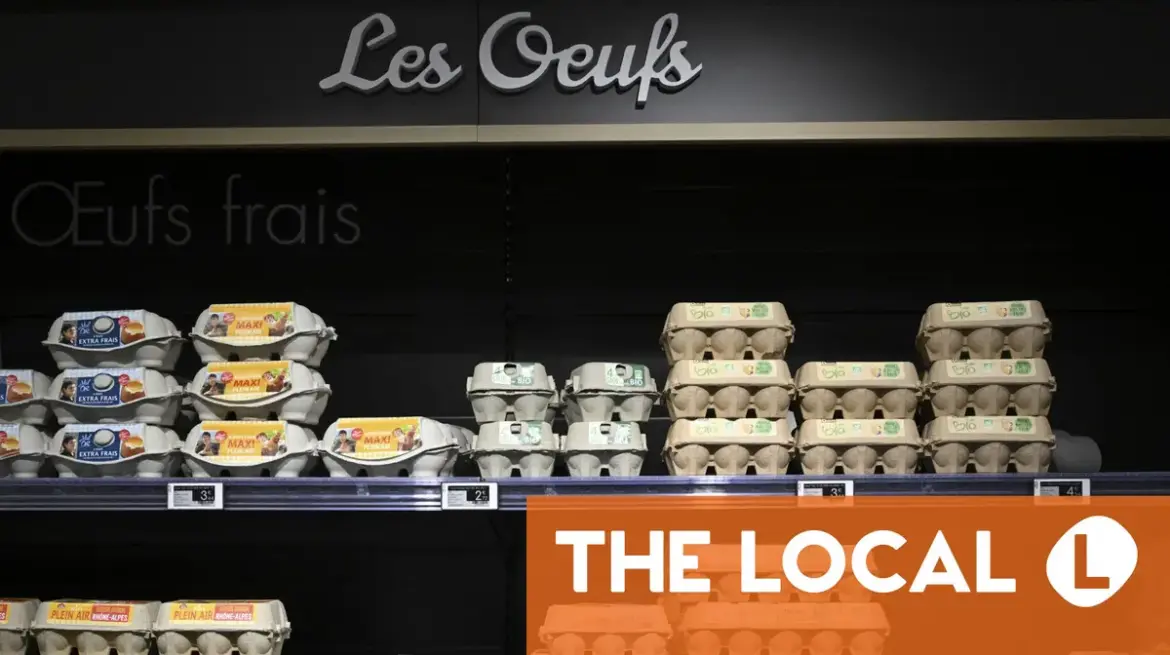If you’re shopping in France you might have noticed empty shelves in the egg section of your local supermarket – apparently due to an ‘explosion’ in demand as the French embrace egg-based cooking.
Shortages of specific foodstuffs are usually caused by supply issues – previous egg shortages have been connected to agricultural issues such as bird flu outbreaks.
But shortages seen on the shelves of many French supermarkets in recent weeks are apparently caused by demand, with French shoppers significantly increasing their egg purchases.
“We’ve never sold so many,” Thomas Bartlett from the egg-producers’ union syndicat national des industriels et professionnels de l’œuf told France Info.
“In the first nine months of 2025, we sold two million more eggs than in 2024, which was already a record year.”
Advertisement
In 2024, the average French person consumed 226 eggs, a 4.7 percent increase on 2023. The first quarter of 2025 saw a further increase of 4.2 percent.
Classical French cuisine has some important egg-based dishes from the omelette to the soufflé, via the bistro staple eggs-mayonnaise and the ever-delicious œuf cocotte (baked eggs) and œuf parfait (poached egg in broth or velouté).
But what lies behind the sudden increase?
Bartlett puts it down to the fact that “eggs are easy to cook and have recognised nutritional qualities”, while adding that top athletes recommend them as a good source of protein.
The gradual trend of French people, especially younger ones, towards eating less meat for health and environmental reasons may also explain the change.
But cost is also likely to be a significant factor, as eggs represent the cheapest animal protein on the market – an important consideration in the light of recent inflation and growth in food costs.
Alice Richard, director of economic think tank CNPO, said: “Inflation has led households to turn to this cheaper animal protein, and the habit has become ingrained.”
In July 2024, a study by the national statistics agency INSEE found that 12 percent of French people had to cut back on their purchases of meat, fish and other proteins due to a lack of funds in the face of soaring prices in recent years.


Dining and Cooking